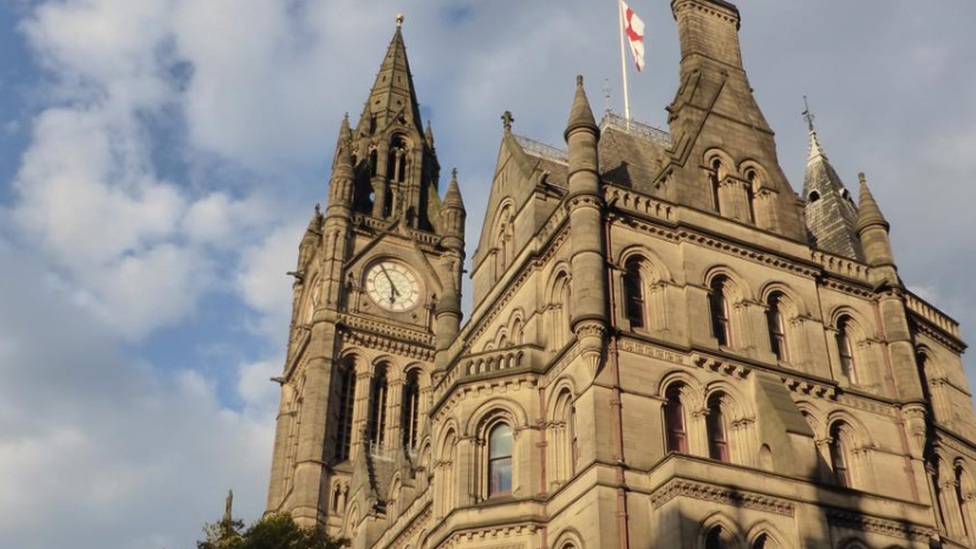Greater Manchester mayoral election: Your questions answered
- Published
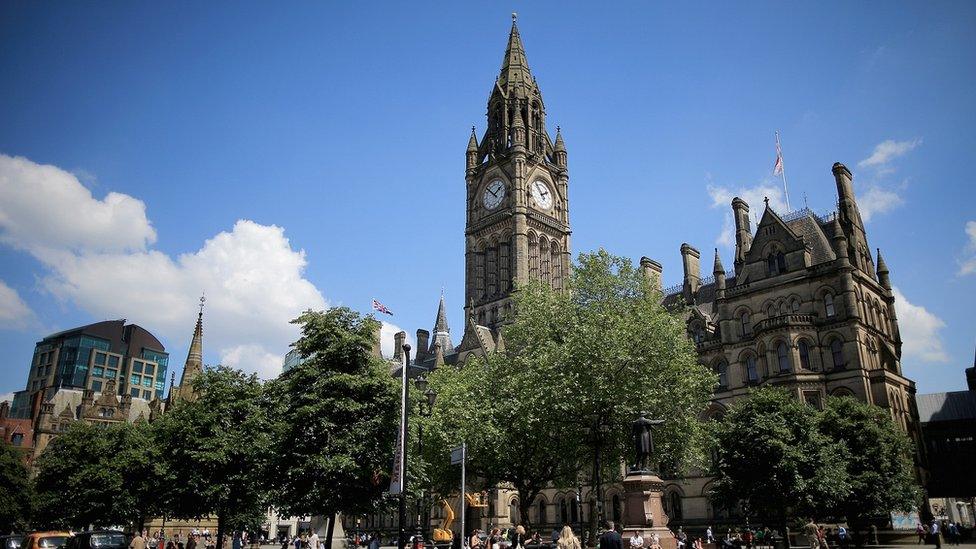
Plans for an elected mayor in charge of Greater Manchester's devolved powers were announced in 2014
You've been sending in your questions about the Greater Manchester mayoral election.
Ahead of polls opening on 4 May, you asked us to tell you about the mayor's powers, the funding they will have at their disposal, and how the region will function as the new devolution model takes shape.
We've put your questions to the BBC's North West political reporters and political editor.

Q. Will the creation of a regional mayor call into question the need for 10 borough councils as they currently exist?
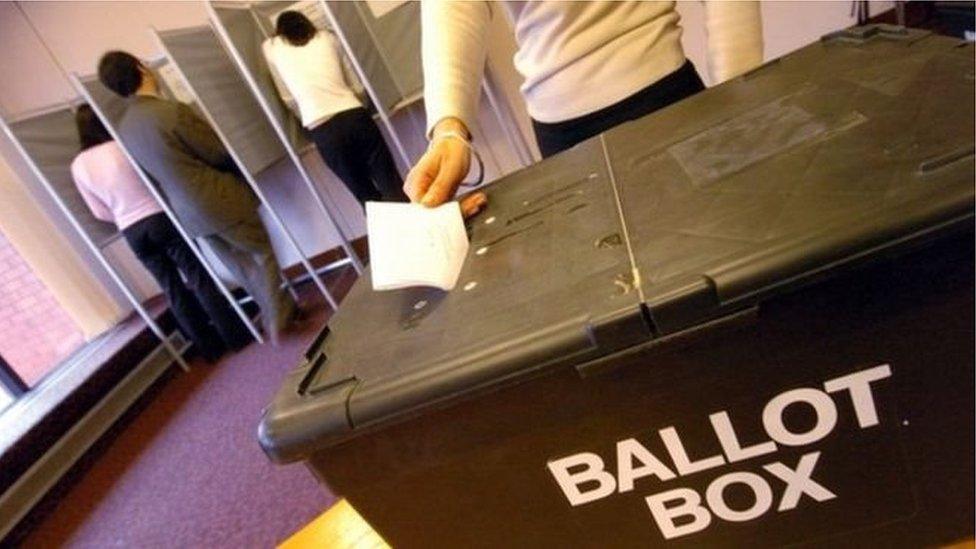
The make up of district councils will continue to be decided by local elections
No. Arguably your local borough council will be more important than ever.
That's because the mayor will be required to seek the approval of council leaders on major issues including housing, planning, transport and justice. The council leaders are, of course, decided by how the parties perform at local elections.
The 10 leaders who agreed the devolution deal were adamant the mayor should not come in over and above them, so they agreed a structure in which the mayor will effectively be an "11th leader" - with just one vote at the Combined Authority, just like them.
Clearly the mayor has total control in some areas. But even then, to be successful, they'll need to work collaboratively with the councils who will still be making all their own decisions on the local services that they run, such as libraries and bin collections.

Q. Will the mayor ensure young people get free public transport? Will council tax come down?
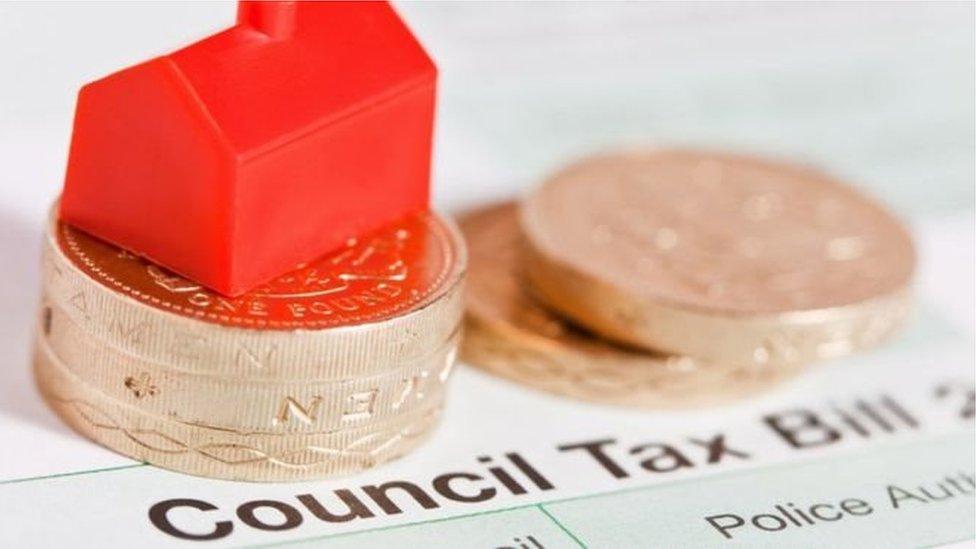
The mayor will have control over precepts, which are factored into council tax payments and fund the police and fire service
Labour candidate Andy Burnham and English Democrat mayoral hopeful Steven Morris have both pledged free public transport for young people.
This would be funded by reducing profits made by bus companies, and using some of the apprenticeship funding which will be handed down from central government.
Part of the bill for providing free public transport for young people could be paid for from the precept which is included in council tax bills each year.
The new mayor will take over as Police and Crime Commissioner, and will be the head of Fire and Rescue. Under those powers, he or she will decide the level of precept charged.
The 10 local authorities will still set their own their own council tax rates in the same way they do now. Some candidates have promised not to increase the precepts above inflation, but nobody has said they will reduce it.
The devolution deal also says the mayor can raise funds for "general functions", though it isn't clear how much that might be.

Q. How will the mayor fight funding cuts to the police and NHS in the north of England? London takes everything. How will the mayor redress the balance?
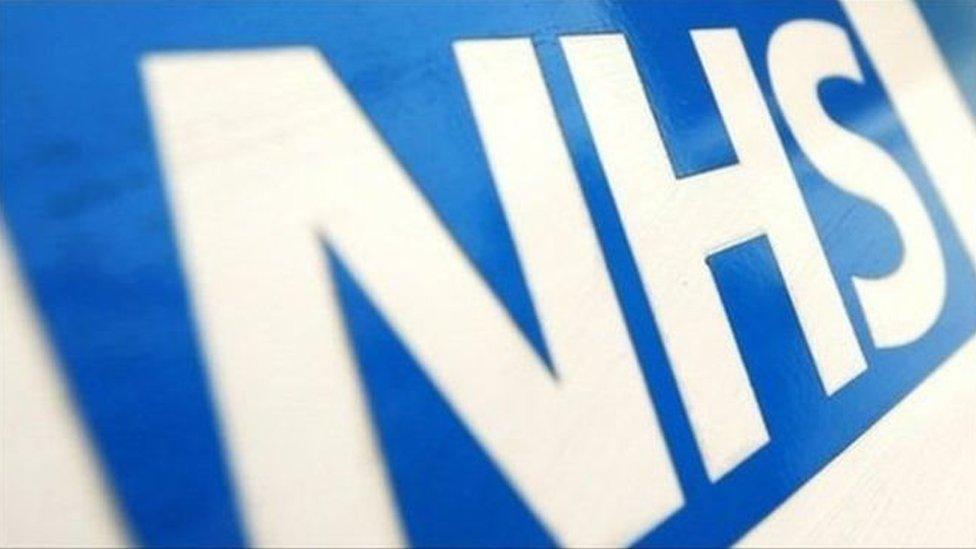
It will be tough. But the candidates feel they are in a better position to represent the 2.7 million people of the region as one single voice.
Liberal Democrat candidate Jane Brophy says she will be seeking more than £6bn that has been handed down for health and social care, for example.

Q. What will the mayor do to protect our greenbelt? Are all of the planned housing developments necessary?
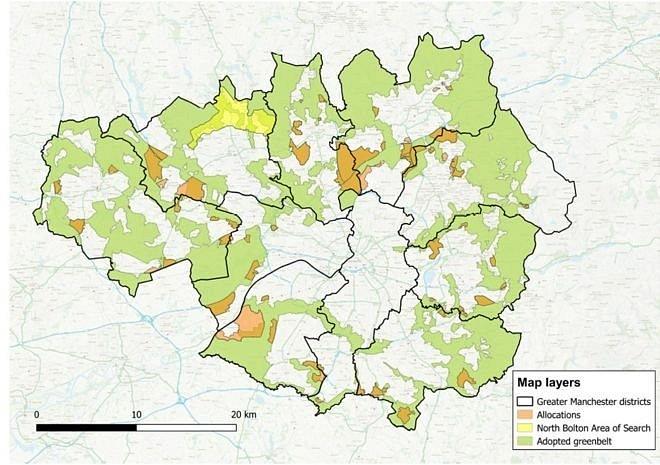
All but one of the candidates want to revise current plans to build on greenbelt land
Along with the council leaders, the mayor will be responsible for coming up with an overall plan for Greater Manchester to meet the chronic need for housing.
He or she will also control a £300m housing budget. Only one candidate, Conservative Sean Anstee, is endorsing the current spatial framework plan.
The other candidates believe it needs to be redrawn. Every candidate has pledged to build on brownfield sites before any greenbelt is touched.

Q. Will the mayor stand up and resist austerity measures being implemented by the government, which increase poverty and homelessness?
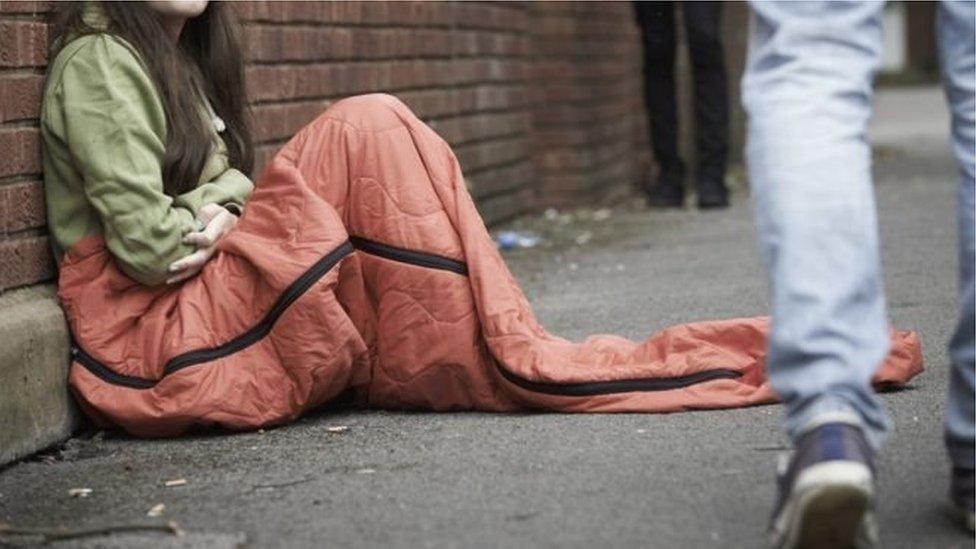
The mayor may be in a strong position to lobby MPs on issues including homelessness
All of the candidates have said they will be banging on the doors of Whitehall to secure more funding for Greater Manchester.
The mayor will already have £900m of investment to spend over 30 years, which is a start.
But the mayor won't be able to affect votes in Parliament, which determine national policy. So the level of benefits, for example, will not be within the mayor's remit.
Depending on what they make of the role, however, they could be in a strong position to lobby MPs at Westminster.
- Published28 April 2017
